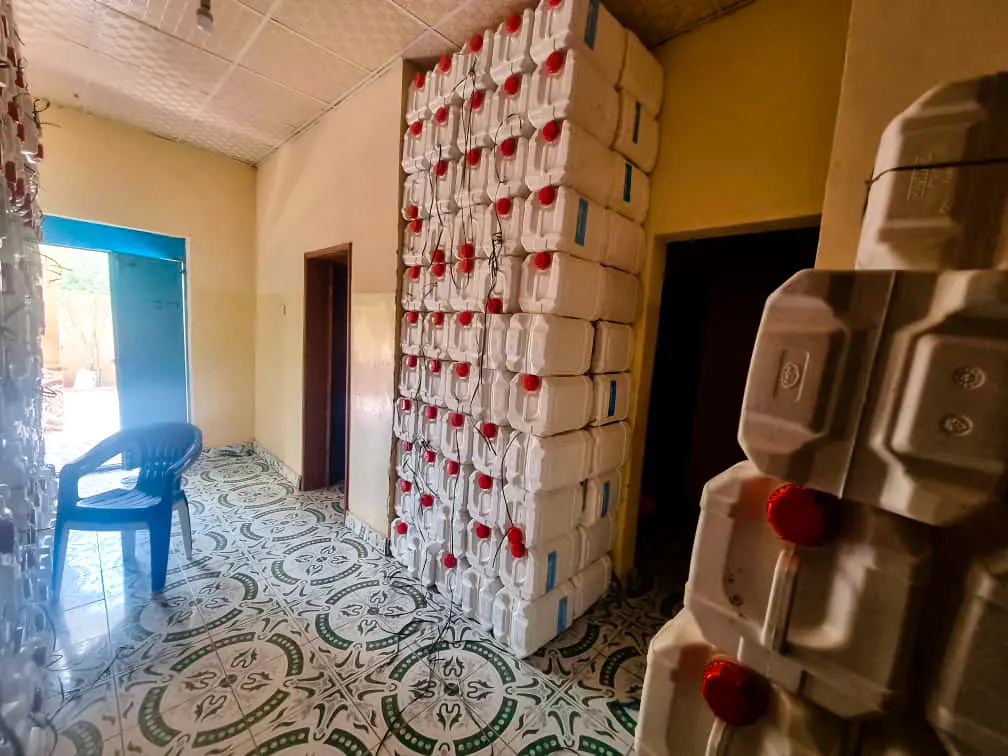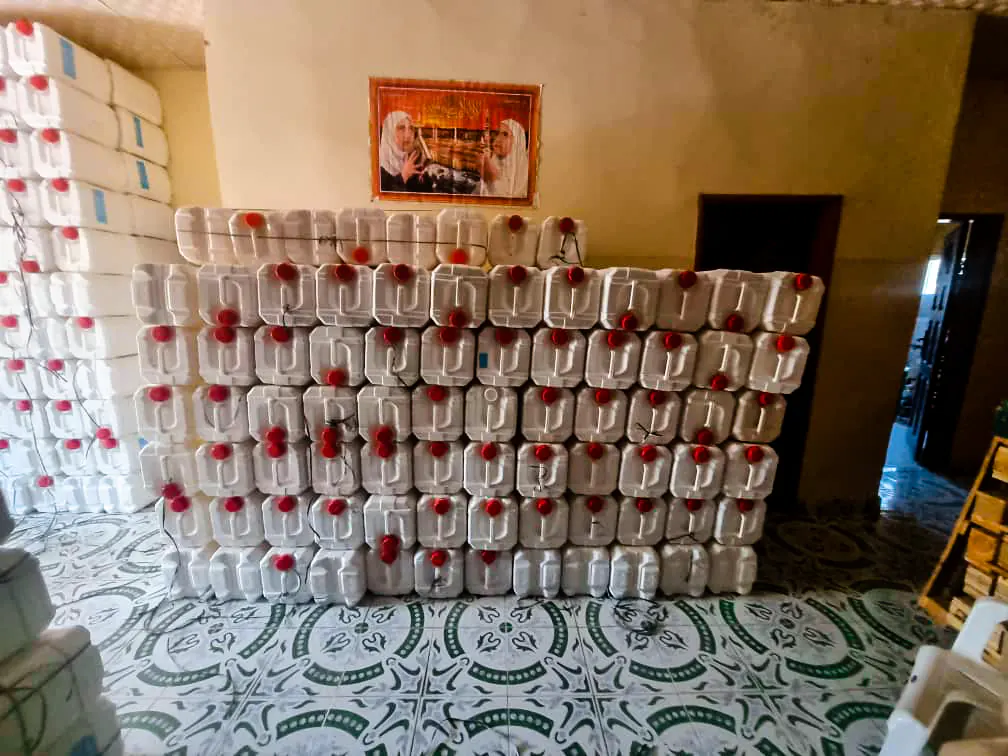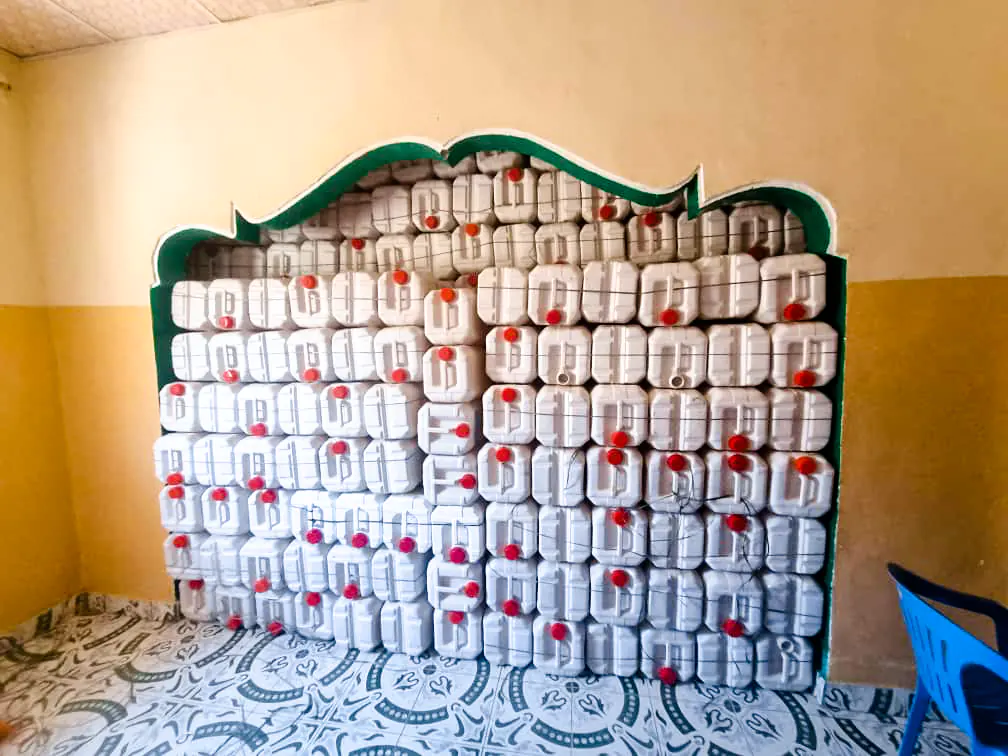In a strategic move to enhance nutrition outcomes for children suffering from Severe Acute Malnutrition (SAM), ACRIF and UNICEF have partnered to integrate crucial Water, Sanitation, and Hygiene (WASH) components into the nutrition services provided by ACRIF. This initiative underscores ACRIF and UNICEF’s collective commitment to addressing the multifaceted challenges of malnutrition by promoting better hygiene practices, which are essential for improving the overall health and nutritional status of children.
UNICEF and ACRIF have a longstanding partnership, working together on various initiatives to support vulnerable children. Building on this strong foundation, UNICEF has supplied a significant consignment of WASH resources to the ACRIF warehouse as part of this new initiative. This includes 7,488 water containers to ensure families have access to safe and clean water, a fundamental need for maintaining good health and hygiene. Additionally, UNICEF has provided 1,496 cartons of soap, a vital component in the fight against infectious diseases. The distribution of soap will promote handwashing practices, reducing the spread of illnesses.
These supplies will be distributed to the health workers of SAM patients upon the patient’s discharge from nutrition facilities managed by ACRIF, aiming to equip families with the necessary tools to maintain hygiene and prevent infections, thereby supporting the recovery and long-term health of the children. Malnutrition is a complex issue that extends beyond the availability of food. Poor hygiene and inadequate sanitation can exacerbate malnutrition by increasing the risk of infections and illnesses, which in turn can impair nutrient absorption and utilization.
By integrating WASH components into health and nutrition services, UNICEF and ACRIF are empowering health workers of SAM patients to maintain a hygienic environment, crucial for the children’s recovery and health maintenance. Beyond individual households, this initiative fosters community-wide awareness and adoption of better hygiene practices, contributing to broader public health benefits.





